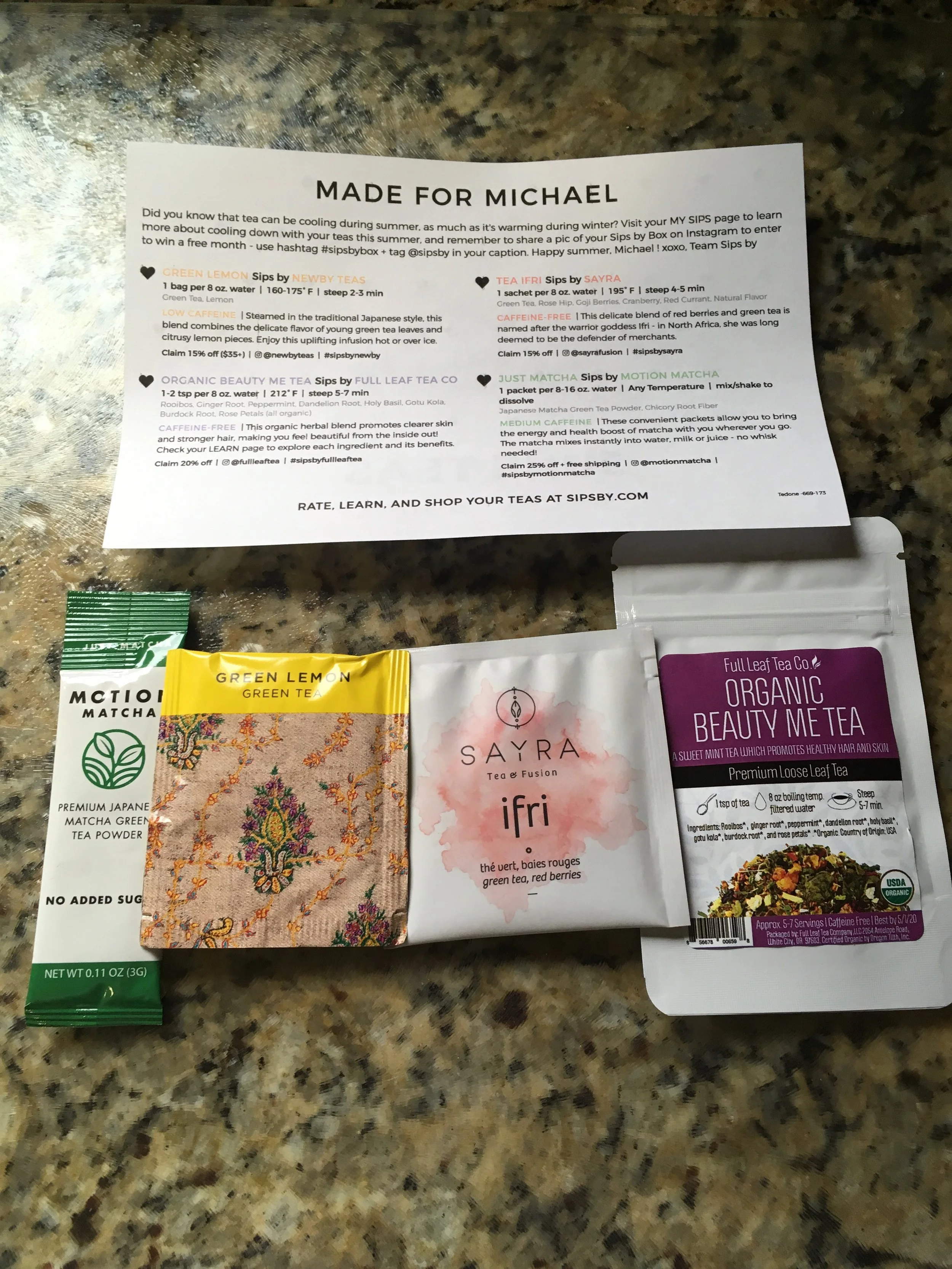Nutrition in the news: Vitamin B12
Hello everyone,
As a dietitian I use trusted sources to come to objective conclusions as it relates to health and nutrition information. There will always be a certain grey area when it comes to determining the validity of such information. However, as a professional, it is important to use your best clinical judgment in how you interpret the information you encounter. One trusted source I read monthly is Today's Dietitian. I find this publication uses credible sources and registered dietitians to develop their articles. On a monthly basis I would like to highlight one featured article that resonated with me. I hope to disseminate and share with you my interpretation of the article. If the article inspires me to research a topic further, I'd love to share that research with you as well. The first article I'd like to highlight appeared in the April 2018 edition of Today's Dietitian titled Vitamin B12 and the Vegan Diet.
Natural Food sources of Vitamin B12 (animal sources)
Natural food sources of Vitamin B12 come only from animals. B12 can be obtained from fish, meat, eggs, milk, milk products, and poultry. However, no active form of B12 can be obtained from plants.
Symptoms of Vitamin B12 Deficiency
Symptoms of Vitamin B12 deficiency can include
a. Megaloblastic anemia or pernicious anemia
b. Neurological conditions such as numbness and tingling of hands and feet, difficulty with balance, or poor memory
c. Unwanted stresses on our body due to body processes being impaired.
Vitamin B12 and Vegans/Vegetarians
Vegans and vegetarians are at risk for B12 deficiency due to their minimal or no consumption of animal products.
Alternatives sources of Vitamin B12 (other then animal food sources)
Vegans and vegetarians can obtain adequate B12 in their diet via:
1. B12 Supplements
a. 250-500mcg per day for average individual
b. 500-1000mcg per day for B12 deficient individuals
2. B12 fortified foods
a. These foods include cereals, meat analogues, soymilk, rice drink, protein bars, and nutritional yeast.
b. Look at the nutrition label. Look for food products that provide at least 40% of the Daily Value (DV) for Vitamin B12. This will provide a day's worth of B12 for the average individual.
Diagnosing B12 deficiency
Here are lab tests used in diagnosing B12 deficiency
1. TCII (transcobalamin): If this number is low, it can indicate B12 deficiency.
2. MMA (methylmalonic acid): If this number is high, it is a strong indicator of B12 deficiency.
3. Homocysteine: It is a strong indicator of B12 deficiency when both homocysteine and MMA levels are high simultaneously.
Below, I have attached an education material summarizing my above post. If desired, feel free to use this material to begin a conversation with your healthcare professional about your Vitamin B12 status.
Click-->Vitamin B12






